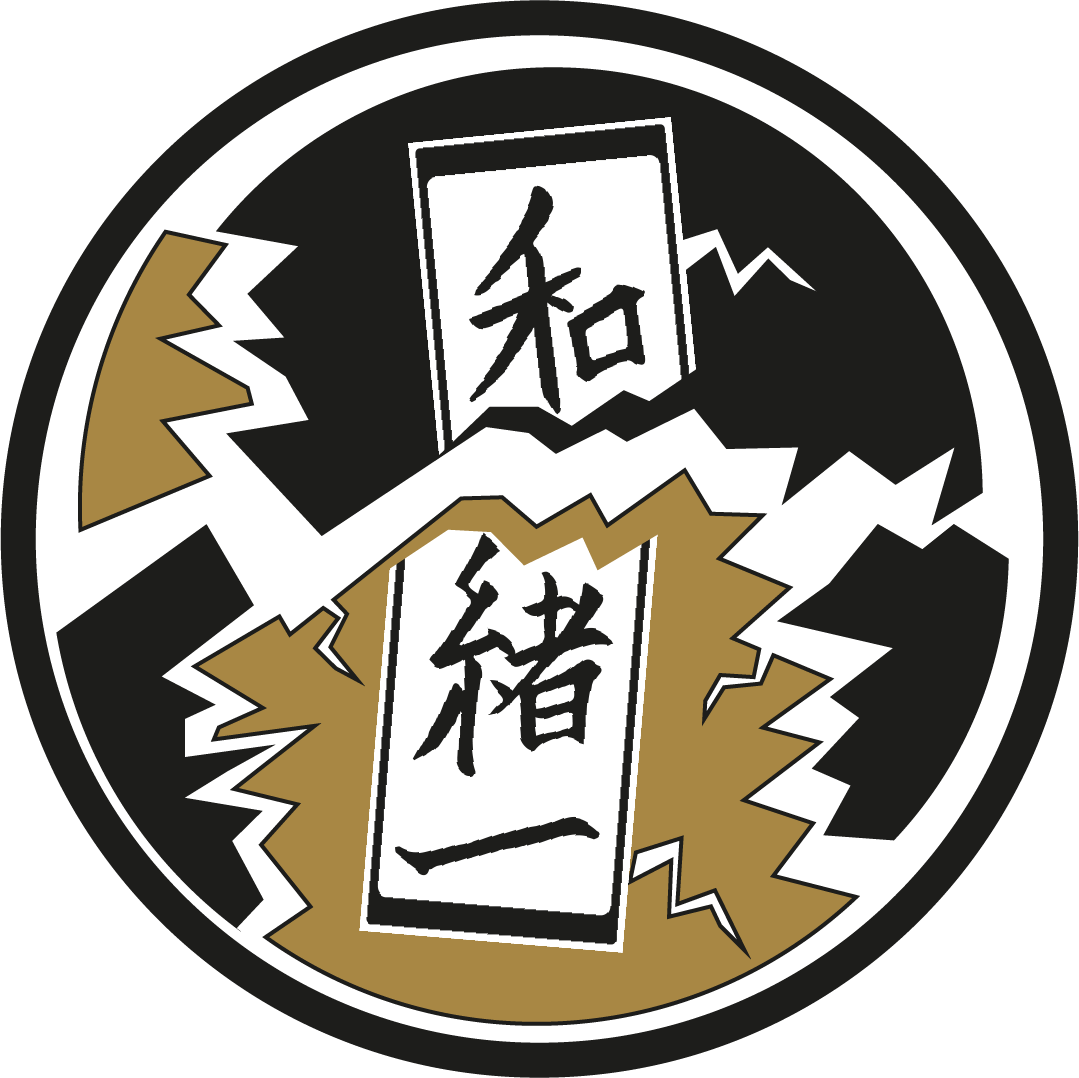Yappari, I Should Have Gone to the Party!
With the 3-syllable expression ‘yappari’ you can make your Japanese sound way more natural. Yappari is usually used at the beginning of a sentence and gives it a specific nuance, deepening its meaning. For example, you can say: yappari pātī ni ikeba yokatta やっぱりパーティーに行けばよかった (‘I wish I had gone to the party’). Using yappari here, you show your regret for not going to the party – apparently, it was a really good one. It can also be used in situations that you have kind of expected: It’s raining (as I expected). yappari ame da ne! やっぱり雨だね。/ I’ve gained weight (as expected). yappari futotta. やっぱり太った。 It can also function as an ‘after all’: After all, they didn’t come. yappari konakatta. やっぱり来なかった。There are even more situations in which you can use yappari, but for now, this should do it. And remember that in informal conversations you may hear the shortened form ‘yappa’ やっぱ quite often.
Written by Jannick Scherrer

